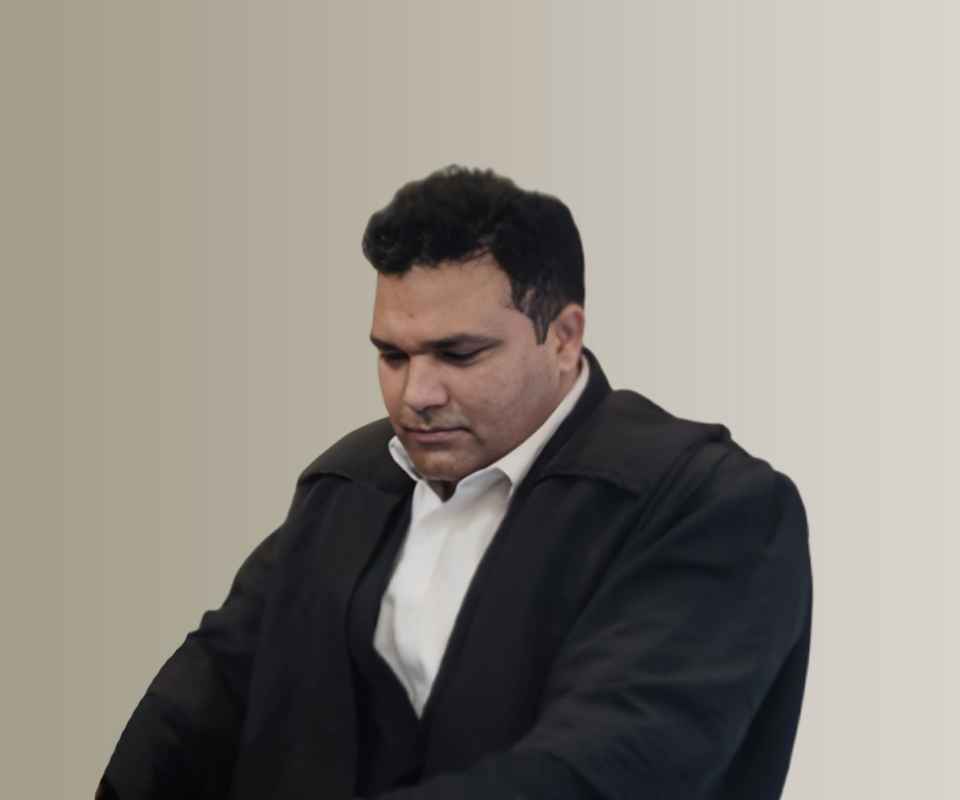Answer By law4u team
The Triple Talaq Law (formally the Muslim Women (Protection of Rights on Marriage) Act, 2019) was enacted to criminalize the practice of instant triple talaq, which allowed a Muslim man to divorce his wife by uttering the word talaq (divorce) three times in quick succession. This practice had been seen as oppressive to Muslim women, leaving them vulnerable to immediate divorce without legal recourse or financial security. While the law aims to empower women by providing legal protection, it has sparked debate about whether it is truly an empowering measure or an overreach that may further marginalize Muslim men and interfere with religious freedoms.
The Legal Framework:
The Triple Talaq Law makes the practice of instant talaq or talaq-e-bid'ah (threefold divorce) a criminal offense. The law mandates that a person who divorces their wife by this method faces up to three years of imprisonment and a fine. The law also provides that Muslim women who are victims of triple talaq are entitled to alimony and custody of children.
Criminalization of Instant Talaq:
Prior to this law, Muslim men could unilaterally divorce their wives by uttering talaq three times, which often left women dispossessed, divorced without consent, and without recourse to justice or financial support.
The Muslim Women (Protection of Rights on Marriage) Act, 2019 aims to end this practice and protect women from arbitrary and unilateral divorce that is not in line with their rights to fair treatment and justice.
Support for Women’s Rights:
The law provides for maintenance for women who are divorced through this method, ensuring that they are not left in a vulnerable financial state. It also mandates custody of children, which protects the interests of the child and ensures that the mother is not unfairly excluded from their upbringing.
Arguments for the Law - Empowering Women:
Protection from Arbitrary Divorce:
Prior to the law, triple talaq left women with no control over their marital situation. A man could easily divorce his wife without her consent or without providing any justification, often leaving women destitute and without support. The law empowers women by providing them with legal recourse to challenge the divorce and ensuring fair treatment.
Legal Protections for Women:
The law ensures that Muslim women who experience triple talaq are entitled to alimony, which provides them with some form of financial security after being divorced. This is an essential step toward ensuring that Muslim women are not left vulnerable or destitute after divorce.
The provision of custody of children gives mothers a legal right to remain in the children’s lives, promoting their rights as caregivers and parents.
Gender Equality:
Triple talaq was a gendered practice that disproportionately affected women, leaving them with little power or voice in a marital dissolution. Criminalizing this practice addresses gender inequality by ensuring that women’s rights and dignity are upheld within the institution of marriage.
The law also aligns with India’s commitment to gender equality by placing legal restrictions on practices that harm women and promote discrimination.
International Recognition of Women’s Rights:
Criminalizing triple talaq aligns with the international human rights framework, as it aims to protect women from discrimination, violence, and abuse within marriage. It reflects India’s alignment with global movements that work toward women's empowerment and equality.
Arguments Against the Law - Potentially Oppressive:
Interference with Religious Practices:
Critics argue that the law interferes with Muslim personal laws and may be seen as an infringement on religious freedom. Islam permits divorce under certain conditions, and critics believe that the law criminalizes religious practices that have been followed for centuries.
Some view the law as an example of state overreach into religious practices, particularly when it involves discretionary decisions within religious communities.
Challenges to Enforcement:
The law makes triple talaq a criminal offense, but the imprisonment provision has raised concerns that it may lead to unnecessary criminalization of Muslim men. This is especially true if the man is forced into a legal process where there may be complicated issues around proof of triple talaq or the legitimacy of the divorce.
Some believe that the law could be misused by women in difficult marriages to criminalize their husbands, especially in the absence of clear guidelines and provisions for reconciliation.
Limited Scope for Reconciliation:
The law focuses on punitive measures rather than offering opportunities for reconciliation or dialogue between couples. Mediation or alternative dispute resolution mechanisms could have been incorporated to encourage amicable solutions, but the law instead emphasizes criminal penalties for the husband.
Undermining Islamic Personal Laws:
Some believe that the law undermines the principles of Islamic personal law by imposing a one-size-fits-all solution to a culturally and religiously complex issue. The Muslim community may feel that the law is a form of outsider interference, creating division and resentment among community members.
Example:
Example 1: In 2017, the Supreme Court of India struck down the practice of triple talaq as unconstitutional, citing its violation of fundamental rights guaranteed under the Constitution, particularly the rights to equality and dignity. The ruling laid the groundwork for the Triple Talaq Law, which was passed in 2019 to criminalize the practice.
Example 2: The triple talaq law was supported by women’s rights organizations and activists, who argued that it provided much-needed legal protection and empowerment for Muslim women who were vulnerable to arbitrary divorce. However, religious scholars and conservative groups within the Muslim community voiced concerns about the law’s impact on religious freedom.
Conclusion:
The Triple Talaq Law can be seen as both an empowering and a contested piece of legislation. On one hand, it provides Muslim women with crucial protections against arbitrary divorce and ensures financial security and custody rights, empowering women to assert their rights in marriage. On the other hand, the law has been criticized for interfering with religious practices and being overly punitive. Its impact ultimately depends on its implementation, societal attitudes toward gender equality, and how the legal system balances religious freedoms with the protection of women’s rights.







